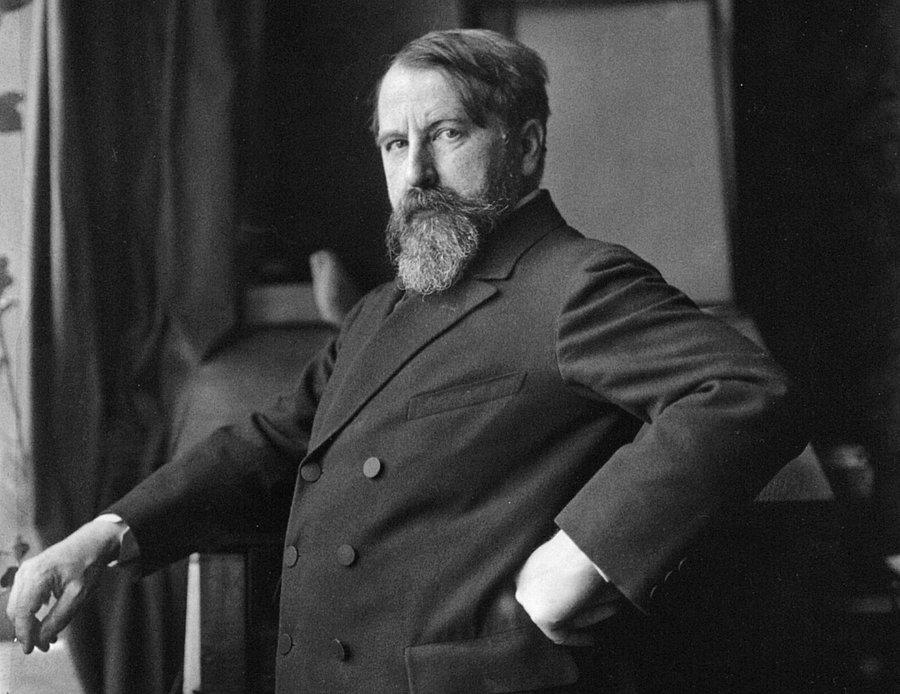New work online
Arthur Schnitzler digital presents previously unpublished version of "Ich"

Photo // Ferdinand Schmutzer, Public domain, via Wikimedia Commons
It is considered one of the most brilliant works by the Austrian author Arthur Schnitzler: the short story "Ich" tells the story of a well-behaved clerk who discovers a wooden plaque with the word "Park" on it during his usual walk through a Viennese park. After briefly doubting the meaning of such a board, he is so convinced of the necessity of clear linguistic order that he develops the compulsion to label everything around him with written notes. Using the example of the story of Mr Huber, the novella makes more or less ironic references to the positions of a widespread "subject" and "language crisis" in the period around 1900, the researchers explain.
Schnitzler's version
Schnitzler's prose play, which he himself had not yet authorised for publication, was published posthumously in various versions from 1968 onwards. It is now being published for the first time in Schnitzler's final version, i.e. in a version that documents the authentic state of the surviving typescript with all of the author's handwritten corrections and notes.
The Wuppertal edition also presents the exact genesis of the text as well as all surviving documents of the work in the form of an initial sketch and a handwritten manuscript.
The new online version of the complete edition - available at www.schnitzler-edition.net - also contains a number of revisions and new features that affect all the works that have been digitally edited as part of Arthur Schnitzler: for example, unpublished sources are now presented for the first time, vividly illustrating the history of the creation, reception and adaptation of the individual works. They are offered as a new category on the interactive timeline ("Chronology") of each work.
More background on the research project
The research project Arthur Schnitzler digital. Digital historical-critical edition (works 1905 to 1931) is being carried out by researchers at the University of Wuppertal, the University of Cambridge and University College London in cooperation with the Cambridge University Library, the German Literature Archive Marbach, the Arthur Schnitzler Archive Freiburg and the Trier Centre for Digital Humanities. The German sub-project, founded at the beginning of 2012 and funded as a research project of the North Rhine-Westphalian Academy of Sciences, Humanities and the Arts as part of the Academies' Programme, is working on the works from 1914 onwards.
